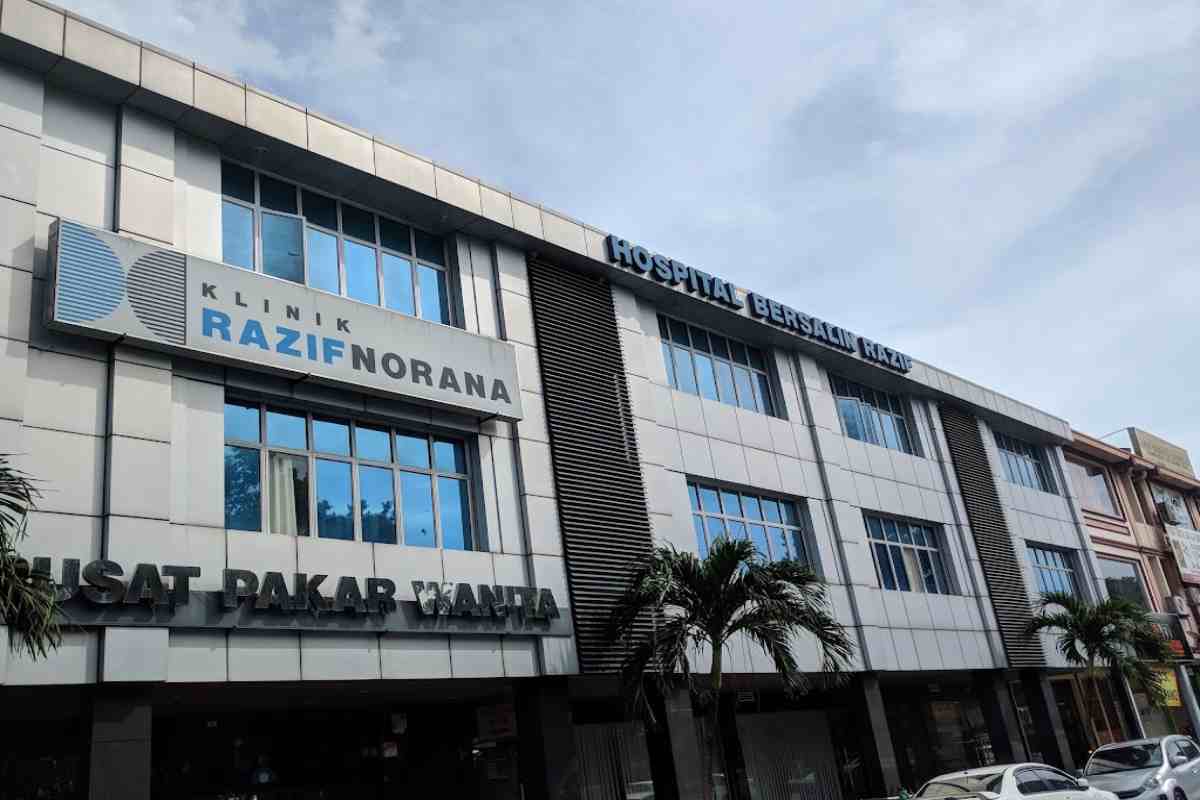Hospital Bersalin Razif Responds to Freezer Baby Controversy
Hospital Bersalin Razif (HBR), a private maternity hospital in Klang, Malaysia, faces intense scrutiny. Allegations claim that a deceased infant was stored in a freezer instead of being properly handled.
Kumpulan Medic Iman (KMI Healthcare) recently signed an agreement to acquire HBR. However, the deal has not been completed. This incident has raised public concern and renewed calls for accountability in private healthcare.
Timeline of the Incident
The case began in July when reports emerged about an infant born with Cyclopia Syndrome. Instead of following medical protocol, staff allegedly kept the body in a freezer.
The situation became public on a Wednesday and quickly triggered outrage. Later, investigations pointed to delays in burial permits and poor management.
Allegations and Public Reaction
A Facebook post by Mr Wan Cai Official first exposed the controversy. The post described the infant’s condition and questioned how the body was treated.
The baby reportedly had Cyclopia Syndrome, a rare defect where a child may be born with one eye and missing organs. The lack of dignity in handling the body fueled anger online.
Lawyer Datuk Ahmad Zaharil Muhaiyar stepped in to represent the family. Social media users demanded accountability and asked about burial permits and hospital procedures.
Role of Media and Social Platforms
News outlets quickly covered the story. Social platforms such as Facebook amplified the details, ensuring wide public reach.
Conversations focused on burial arrangements, hospital transparency, and management failures. Advocacy groups also urged healthcare reforms.
The lawyer’s involvement gave the case legal weight and kept it in the spotlight.
Hospital’s Official Statement
HBR released a statement admitting lapses in handling the case. The hospital promised corrective steps and pledged full transparency.
KMI Healthcare clarified it had no control over HBR operations at the time of the incident.
The hospital assured the public that stricter protocols will be applied to prevent similar situations.
Events Explained
The baby was delivered in HBR’s labour room in December. Because burial permits were missing, staff placed the infant’s body in a freezer temporarily.
Authorities later coordinated the burial. But the delay highlighted weak procedures and damaged public trust.
Corrective Steps Taken
HBR introduced several measures to address the controversy:
-
Family contact: Improved communication with the grieving family.
-
Burial permits: Faster approval for future cases.
-
Counselling support: Mental health help for families in need.
-
Humanitarian aid: Free meals and basic support during grief.
These actions aim to rebuild confidence and show compassion toward affected families.
Conclusion
The “freezer baby” case at HBR shows how sensitive issues must be handled carefully. Mistakes in procedure led to public anger and serious questions about accountability.
Although the hospital has acted with statements and reforms, the case highlights an urgent need for transparency and trust in Malaysian healthcare.


Comments are closed